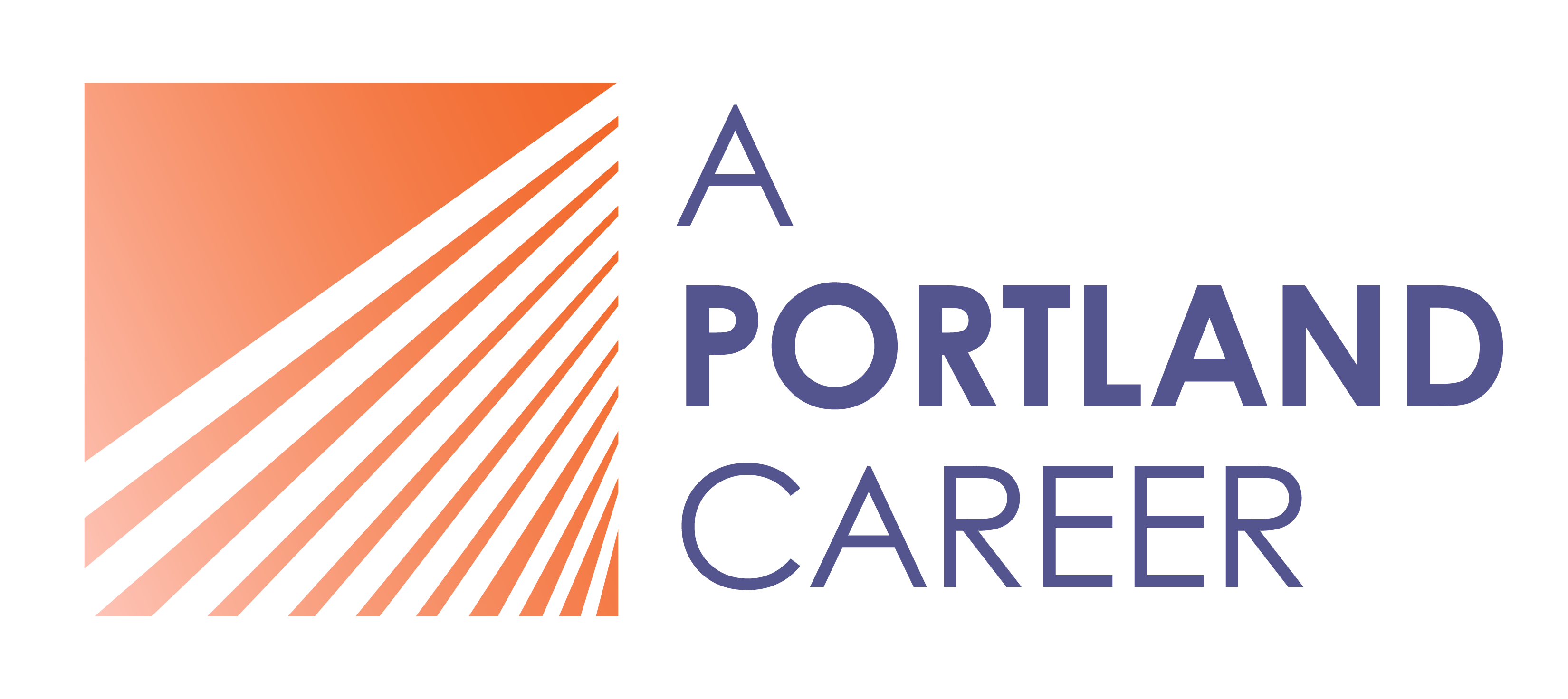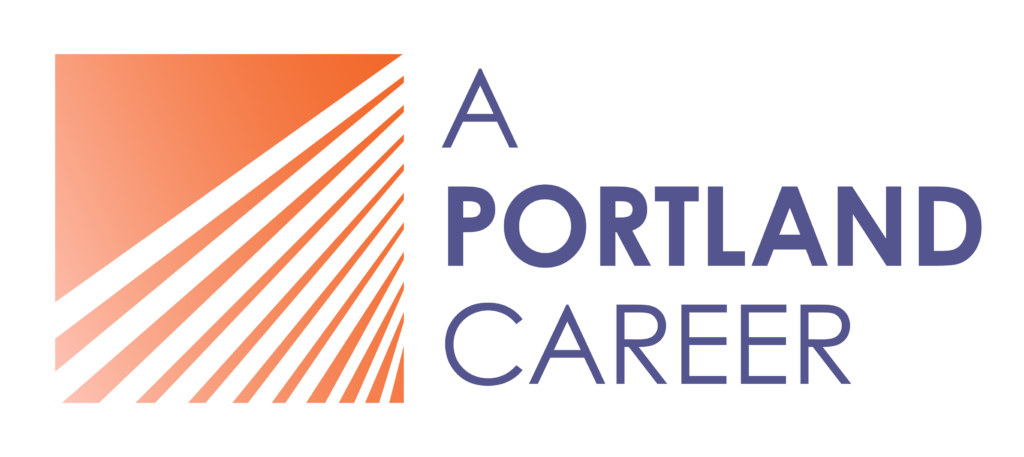There are some ways of thinking and talking to yourself that are helpful…and others that are not. Here’s how to turn down the volume on negative self-talk.
How to avoid these 10 common job search mistakes and preserve your energy for the long haul of looking for a new role or career.
How to Avoid These 10 Common Job Search Mistakes
By Dan Hahn, M.S., and edited by Jelena Grove and JD Duran
Job search not going as planned? Give us a call and let’s get you on the right track.

If you’re like most people, you think job hunting is an emotionally taxing, arduous, and sometimes disheartening process. All too often, people make avoidable mistakes along the way that can harm one’s chances of landing a job interview and ultimately, getting hired. Keep reading to learn what these mistakes are and how to avoid them.
All too often, people make avoidable mistakes along the way that can harm one’s chances of landing a job interview and ultimately, getting hired. Keep reading to learn what these mistakes are and how to avoid them.
Home → Helpful Articles → Self-Care → How to Avoid These 10 Common Job Search Mistakes
Here are a few more articles to help you stay grounded while you’re in a career transition:
- Reduce Negative Self-Talk
- Job Rejection: We Got you. How to Cope, Recover, and Rebound
- Building Faith, Nature, and Mindfulness into Your Job Search
If you’re feeling overwhelmed, we’re here to support you at every step of your career search. Just click the button to get in touch.
On This Page

Mistake #1: Having Too Many Career Options
You are a divergent, creative thinker with many skills and interests in multiple environmental, social, and aesthetic issues. We salute you; we join you. But one of the biggest mistakes you can make in looking for a new job is casting too wide a net. Instead, it’s more productive to focus your search on one or two areas, because you will need a separate networking strategy, knowledge base, and experience for each job title you search for.
After an initial broad exploration, narrow your career focus down to one or two arenas (e.g. housing, natural resources, Web design, landscape architecture, green building, public relations, communications, etc). Once you narrow down the scope of what you’re looking for, you can search for specific keywords that correlate to the job descriptions you’re most qualified for and interested in. Be sure to note what kind of work you’re looking for: part-time or full-time, office, or remote, etc.

Mistake #2: Thinking with Your Heart
It’s good to look to your heart to determine which of your values and passions will drive your career decision. Once you have some options to explore however, you will need to shift to your brain to analyze the job market itself. If you are really passionate about cultivating gardens or growing food with low-income people, you may find there are less than a handful of job openings of that kind in Portland.
After you thoroughly analyze your odds, your time frame, and your financial needs, you may need to follow current trends and events, including legislative changes, to see where more plentiful options are emerging.

Mistake #3: Doing it on Your Own
It helps to work with a career counselor, participate in a job club, and/or find a job search buddy. Career development and job hunting are emotionally draining—they require commitment to an ongoing process rather than working at it in fits and starts. There are several job seekers groups, networking events, and other resources you can find in Portland to help you with your resume, job applications, answering interview questions, and more. Or, make use of online networking strategies––simply get on LinkedIn and see what you can find.
Or, better yet, schedule a consultation with us. We’re here to help you every step of the way!

Mistake #4: Expecting It to Happen Too Quickly
The stark reality is that it often takes two or more years to transition into a new, crowded field. This is particularly true if you want to change both your job function and industry. Many people spend a year or more volunteering, or in entry-level jobs, or going back to school to build the skills, connections, and years of experience they need for meaningful and well-compensated professional positions.
And even after all that preparation, there’s still a chance you’ll face rejections for the jobs you want. Be patient. You’ll get there.

Mistake #5: Too Much Time Online, Not Enough Time Networking
Networking is the secret to a successful job search: only 30% of people are able to successfully find a job without it. It goes without saying that networking should be a top priority in your job search process, rather than relying solely on online searching.
Scanning job postings online can be mesmerizing. There is a plethora of horrible jobs (and potential employers) listed, and likely only a handful that match your skill set. While finding your next job online is certainly possible, it’s prudent to have a strategy in place to make the most of the time you do spend online. Plan on looking for jobs online up to two times per week for one to 1 ½ hours. That way, you’ll have enough energy leftover to dedicate to creating a networking strategy that works for you.

Mistake #6: Failing to Broadcast Your Skills and Needs
You need a basic message (or elevator pitch) that clearly states what you are looking for so that others can more readily help you. Then you need to actually use your message—a lot.
For example, Lori found a lead that unexpectedly resulted in a job at Parametrics by broadcasting the message, “I want to meet people who work on air or water quality compliance issues. I want to apply my eight years of business background and my degree in Environmental Science to these issues. I am highly organized and a talented writer who is passionate about creating a healthier environment.”
The key to a memorable, impactful basic message is to choose words that reflect these four things about you as a job candidate:
- Your main skills and strengths
- The areas in which you want to use them
- The people or regions you wish to serve
- The problems you seek to solve

Mistake #7: Submitting a One-Size-Fits-All Resume and Cover Letter
Your resume (and cover letter) needs to be tailored to each position or type of position you want to apply for. Hiring managers don’t have the time or the patience to read through extraneous material that detracts from their focus on how you directly match their needs. Remember, these people often are scanning through heaping stacks of resumes –– and they’ll look straight past yours if you don’t make it clear that you’re an exact match for the position they’re looking to fill. What’s more, recruiters are starting to use AI programs in the hiring process to scan through huge volumes of resumes, narrowing down the prospects to a small group whose resumes best match the keywords used in the posting.
To make your resume stand out from the stack, here’s a pro tip: scan the job posting to find the keywords that apply to the position in question, then sprinkle those exact keywords (if they actually apply to you) throughout your resume. Repeat this for the rest of your jobs that pique your interest.

Mistake #8: Indiscriminate Volunteering
Strategic volunteering can be one of the most potent job search tools out there. But simply volunteering indiscriminately is one of the biggest mistakes job seekers make, because it wastes one of your most precious resources: your time.
Strategic volunteering means selecting volunteer activities that ultimately lead to new work: in an organization that might hire you, where you can get referrals and meet people who know other people who might hire you, or where you can learn a desired skill to get hired somewhere else (all the while still making a difference for a worthy cause).

Mistake #9: Expecting to Date the Prom Queen
In every worthwhile field, there are a few “prom queens” (not to be confused with “dream jobs”) that draw a large volume of applicants but have few open positions. In the creative world, Weiden+Kennedy is our local queen with high-end design firms such as Ziba and Second Story sharing the spotlight. Many sustainability-oriented people cite The City of Portland’s Bureau of Planning and Sustainability as their dream job. But unless you have the exact qualifications—including those preferred or known to the decision makers—it’s unlikely you’re going to get the job if you apply.
There are more job opportunities (and better odds at getting job offers) when you target less visible organizations, especially those that are growing in their commitment to creativity and making a difference. You can find these less-visible companies by searching online job boards, social media, or making a LinkedIn profile to discover new opportunities.

Mistake #10: Hiding Volunteer Activities on the Second Page
If your volunteer work is relevant and includes professional-level activities, include it on the first page of your resume. This can be done if you label the section with your work history as “Professional Experience.” If it was a significant activity and extended over time, you should include it in the chronological section along with your paid positions. In this case, you would note “volunteer” in parentheses after the position title.
Just remember to only include the “professional” bits: stuffing envelopes, no! Chairing the fund-raising committee for the local symphony, yes!
Looking for more personalized career advice? Schedule a call with one of our career coaches and we’ll see how we can help you in your job search!
Final thoughts on avoiding common job search mistakes
We hope this list helps you on your path to landing a new job. But it’s worth mentioning the liberating fact that making mistakes is a normal part of life—and you’re going to mess up no matter how well-prepared you are, how stellar your resume is, how strong your network, or how many times you read this post.
And that’s okay! The most important thing is that you don’t let your minor messups mess up your confidence—because at the end of the day, you’re going to need it to pick yourself back up and keep trying on your way to landing your dream job.
Key takeaways:
- Consider your passions to get a broad sense of what you want to do, then use logic and research to narrow your career focus
- Tailor your resume with keywords for each job you apply to
- Don’t expect to find an elite job immediately––be patient, manage your expectations, and apply for lesser known companies and organizations
- Find the balance between scanning online job postings and networking with your basic message (AKA elevator pitch)
- Don’t volunteer willy-nilly––be strategic about the volunteer work you do, and be sure to highlight your experience on the first page of your resume
Related articles you might be interested in:
Job Rejection: We Got you. How to Cope, Respond, and Rebound
How to respond when you didn’t get the job. Learn how to move forward and capture this opportunity to grow professionally.
Building Faith, Nature, and Mindfulness into Your Job Search
Faith, nature, and mindfulness can benefit your job search: discern your calling, celebrate your gifts, and accept the uncertainties in the process.




